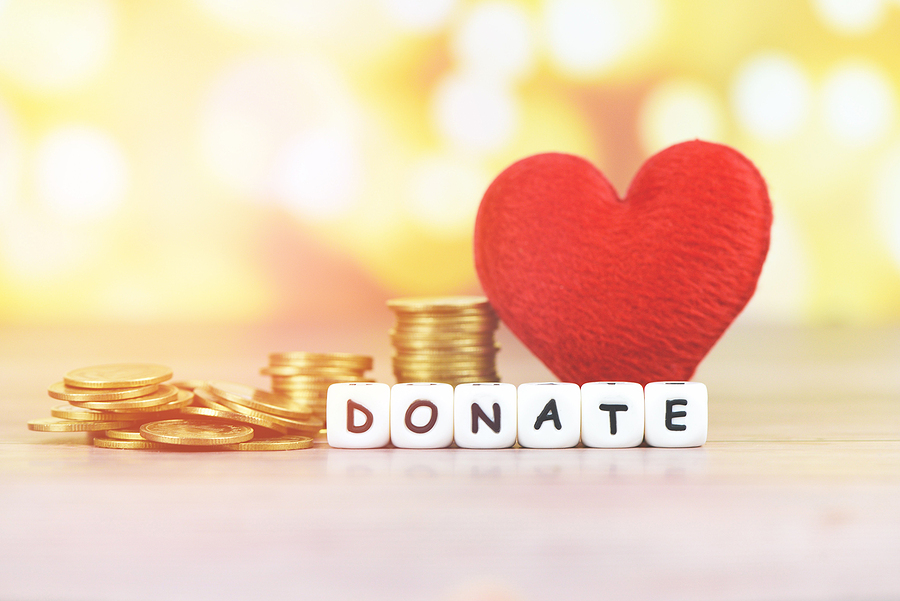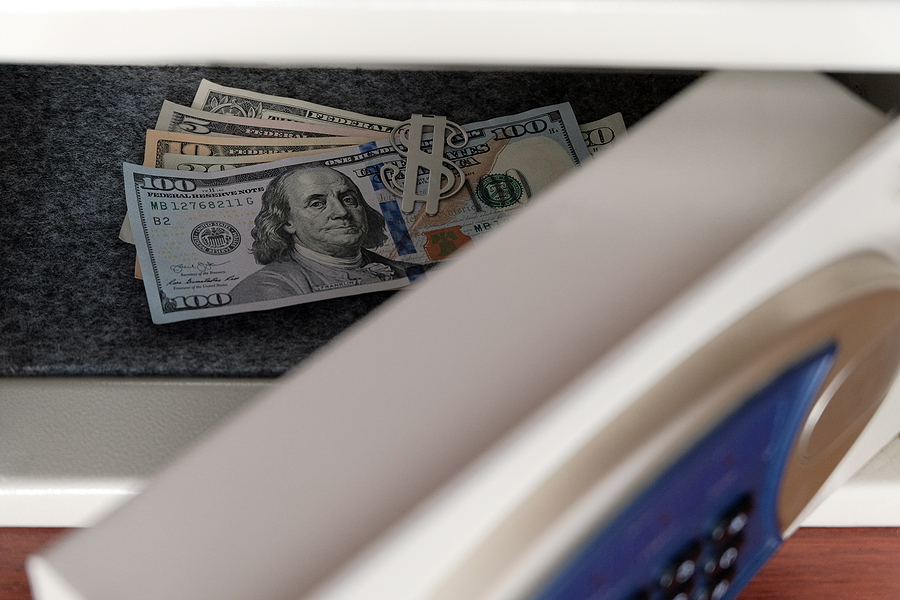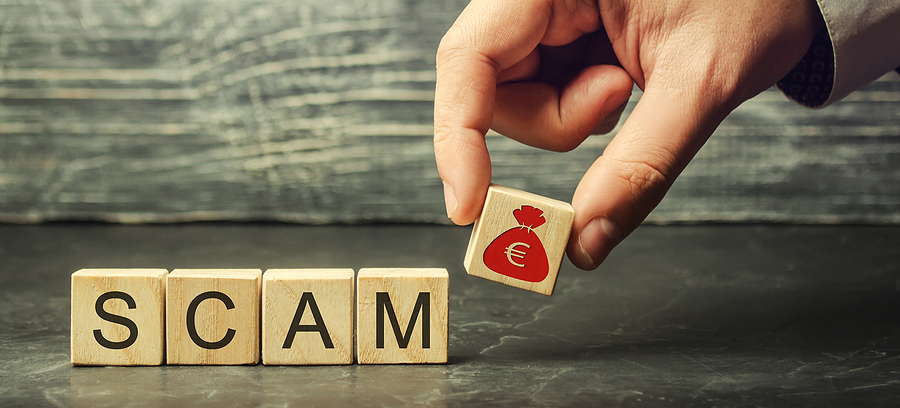Charity giving to those who really need help makes a difference. However, before donating, consider how to avoid any financial abuses and look for the best ways to safeguard charity giving. In this article, you will learn:
- common types of charity scams and scammers;
- how to avoid charity fraud/scams;
- how to report charity fraud.
Charitable giving displays humanity and the best sides of people. The Charity Navigator reported that in spite of the pandemic and 23 million unemployed Americans at the time of the first lockdown, the GivingTuesday 2020 donations had a record-breaking increase of $2.47 billion, which is 29% more than in 2019.
However, consumers continuously report donation scams, as seen from reviews left on PissedConsumer.com, evidencing that the charity sector generates opportunities for fraud.
Thus, you should think about ways to avoid fraudsters who try to take advantage of your generosity.
Types of Charity Scams and Scammers
We associate charities with nonprofit organizations that raise money to help others. However, such organizations are subject to temptations of easy access to funds and lax controls. They raise money in the form of cash donations, checks or online through, for example, a PayPal account, gifts-in-kind like food, clothing, drugs, equipment and medical supplies, etc.
No matter what type of donation you choose, you can become the victim of charity scams. The charity fundraising cause is often real. However, scammers may exploit these causes to misappropriate charitable funds through fraud, theft or money laundering.
The 4 Most Common Types of Charity Fraud
- Misuse of charity money
It can be in different forms, like:
- Pocketing cash.
- Misusing charity credit cards.
- Theft from charity shops, using the charity’s databases or inventories for personal profit or unauthorized private commercial use.
- Fake grant applications.
A high profile case with the Clinton Foundation could be a great example of misuse of charity money. Chelsea Clinton is implicated in stealing a huge amount of cash from the Charity Foundation. Wall Street financial expert, Charles Ortel, claims , “Clinton Foundation documents omit crucial facts, include false and materially misleading statements, and exclude legally required audits of financial statements for each year of operation, that must be prepared on a consistent basis”.
Another case of this type of charity fraud is covered by the Salvation Army reviewer on Pissed Consumer, who describes a situation when the charity workers refused to give shelter to a lady with three daughters:
“…They do not help homeless people ,they use the fundings and pocket them..yet kick people out… I had to take in lady with three daughters because she was put out for no reason…” (review 1151401)
- False expenses
It can be in the form of claiming over-inflated, non-existent or inappropriate expenses or overtime payments.
A good example here can be the Feed The Children case, the Oklahoma City charity organization. According to American Institute of Philanthropy (AIP), the organization spends less than 25 cents of every donated dollar to help children. A former CBS News investigative correspondent Sharyl Attkisson reports, “Fifty-four percent of cash is spent on TV, radio ads and direct mail”.
It turned out that the organization spends $20.7 million on administrative expenses, including six-figure salaries for Larry Jones (the founder – $234,937); Frances Sue Jones (founder’s wife – $187,052), and Larri Sue Jones (founder’s daughter – $166,320) (according to Charity Navigator).
- Natural disaster fundraising scams
It can be in the form of a donation in case of floods, hurricanes, tornadoes or earthquakes.
Fraudsters send emails where they ask you to transfer money to a card or to raise donations to a collection box in a public place. They often misuse the name of other charities and then pocket the money. The Washington Post reports about a man from Florida who launched “AirKatrina.com”. He presented himself as a private pilot who rescued people and needed money for fuel. This scammer managed to raise $40,000 in two days.
In case of natural disaster fundraising fraud, complain to the Federal Emergency Management Agency (FEMA). You can call FEMA Disaster Fraud Hotline toll free at 1-866-720-5721. It is also recommended to report to the Federal Trade Commission (FTC) . It helps the FTC and other law enforcement agencies bring scam artists to justice and put an end to unfair and misleading business practices.
- Crowdfunding website fraud
Youcaring scams. YouCaring is a free platform where people can raise money for personal, medical and charitable causes. It is thought to be safe. However, people complain about YouCaring. One person wrote about their attempts to verify information placed on the YouCaring website:
“… They will not respond to any emails. I am to now believe the entire site to be a scam and stealing from people who actually want to help… Claims that it was Betty Saxon but it wasn’t… ” (review 1101235)
In the comments, another person wrote, “my name is Laura Saxon, I am his sister and we do have a fund raiser on Go Fund me for my brother and this is a scam and i would like to know who created this fund raiser…”.
Charities to Avoid
Some individuals try to use the names of victims or specific disasters to raise money and then disappear. They advertise in the local press and start a quick website. These organizations are concerned with enriching the charity’s operators.
CNN gives an example of one of such organizations. Kids Wish has channeled nearly $110 million donated for sick children to its corporate solicitors. An additional $4.8 million has gone to pay the charity’s founder and his own consulting firms. Kids Wish is among top 10 charities to avoid , which are listed below:
- Kids Wish Network
- Cancer Fund of America
- Children’s Wish Foundation International
- American Breast Cancer Foundation
- Firefighters Charitable Foundation
- Breast Cancer Relief Foundation
- International Union of Police Associations, AFL-CIO
- National Veterans Service Fund
- American Association of State Troopers
- Children’s Cancer Fund of America
If you are thinking about donating money to a charity, consider these tips on how to choose the right organization and to protect yourself from fraudsters.
- Do some research before you give. Find as much information as possible: name, address and telephone number of an organization, check them on the review websites.
- Check out the reports of the charities’ donations and program expenses on the Internal Revenue Service (IRS) website. Charities should provide the IRS with Form 990 (officially, the “Return of Organization Exempt From Income Tax”). It contains financial information of nonprofit organizations and is used to rate charities by Charity Navigator. This form and/or financial reports should be presented by the charity, or available at guidestar.org.
- Measure organizations by the way they spend cash by contacting charity watchdog groups, like the Better Business Bureau’s (BBB) Wise Giving Alliance , Charity Navigator, Charity Watch and GuideStar.
- Do not send money or give personal information, like credit card details or online account details, to anyone you don’t know or trust. Do not send such details by email.
- Do not open suspicious or unsolicited emails (spam) allegedly from a charitable organization – delete them. If you click on a link or open an attachment, you may install a harmful program without knowing it.
How to Report Charity Fraud?
If you come across charity frauds, there are several ways to report them:
- File a complaint on Internal Revenue Service (IRS) website in the following ways:
- write an email (eoclass@irs.gov) or a regular mail (IRS EO Classification, Mail Code 4910, 1100 Commerce Street, Dallas, TX 75242);
- complete the Form: https://www.irs.gov/pub/irs-pdf/f13909.pdf.
- Contact the Attorney General or the Secretary of State. You can find information about how to report charity fraud, useful links to many of the state offices on https://www.harborcompliance.com/information/authority/attorney-general-charities .
- Submit issues about charity frauds to the Committee of Charity Navigator.
Charitable giving helps people feel better and brings meaningful change in mind. However, fake charities and fraudsters try to take advantage of your generosity. You should be proactive in your desire to help others and avoid scammers.
Image Source: BigStockPhoto.com (Licensed)
Site Disclaimer
The Content in this post and on this site is for informational and entertainment purposes only. You should not construe any such information or other material as legal, tax, investment, financial, or other advice. Nothing contained on our Site constitutes a solicitation, recommendation, endorsement, or offer by HII or any third party service provider to buy or sell any securities or other financial instruments.
Nothing in this post or on this site constitutes professional and/or financial advice. You alone assume the sole responsibility of evaluating the merits and risks associated with the use of any information or other content in this post or on this site.
You recognize that when making investments, an investor may get back less than the amount invested. Information on past performance, where given, is not necessarily a guide to future performance.
Related Categories: Donate, Legal, Reviews








